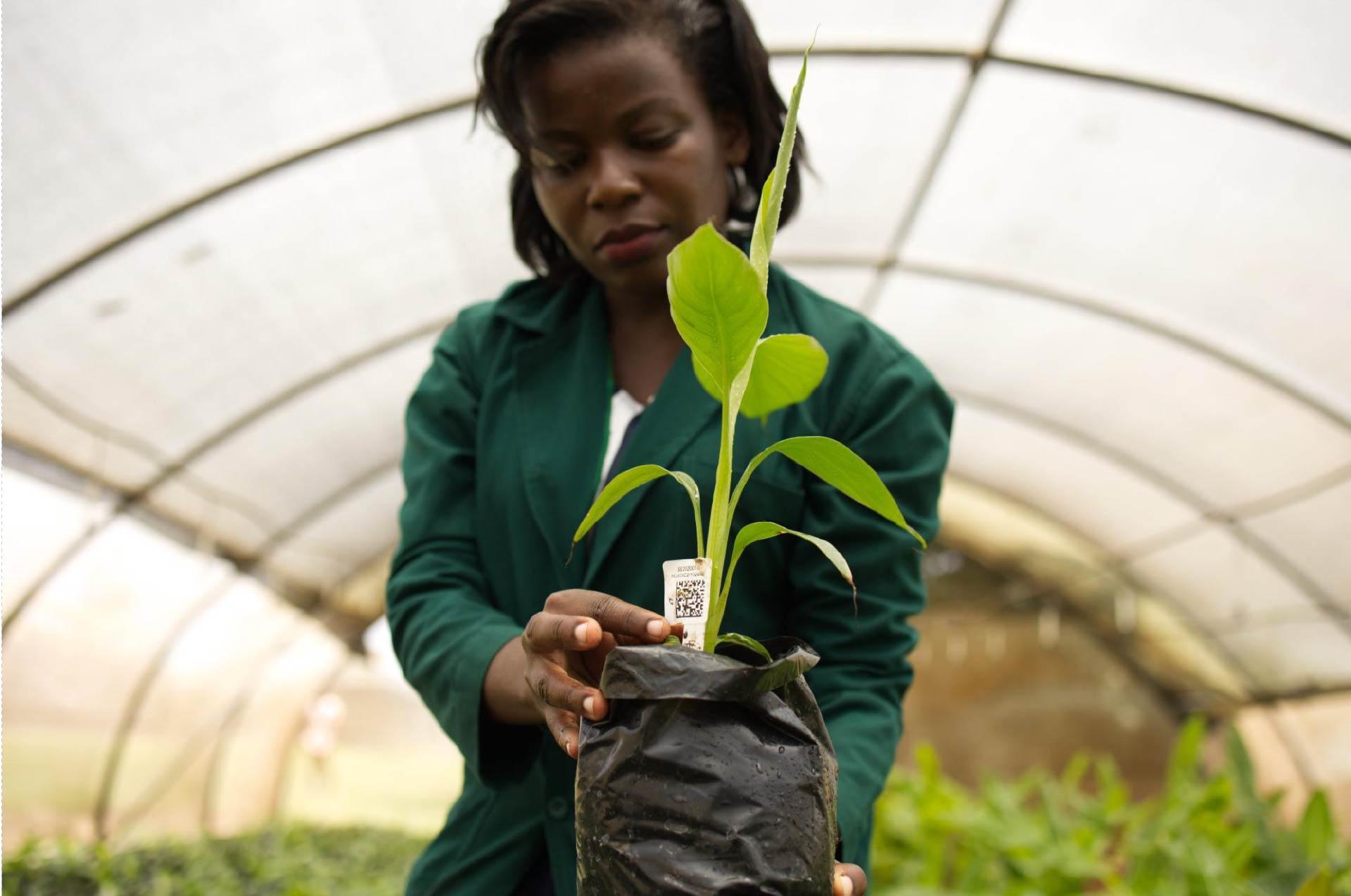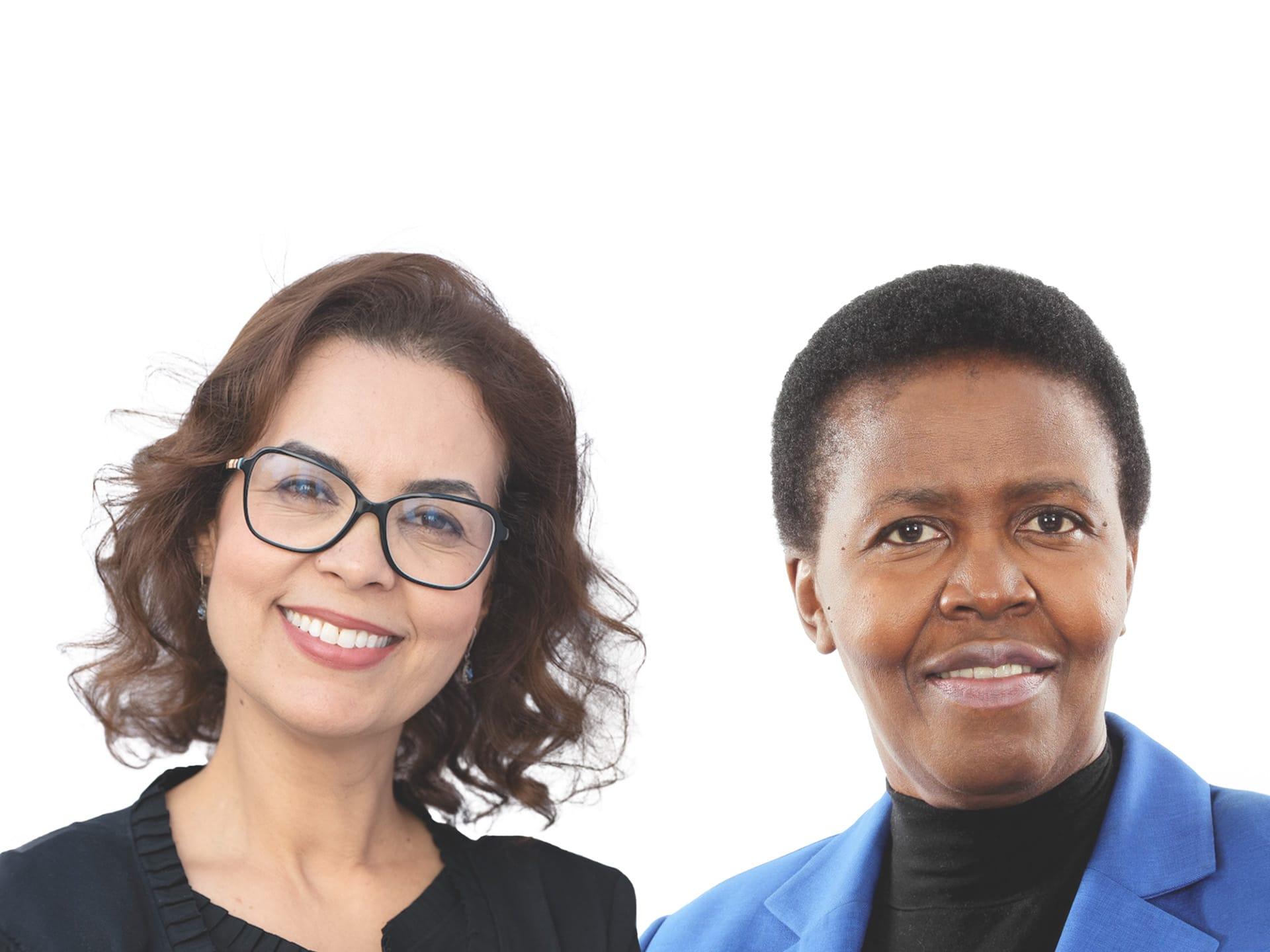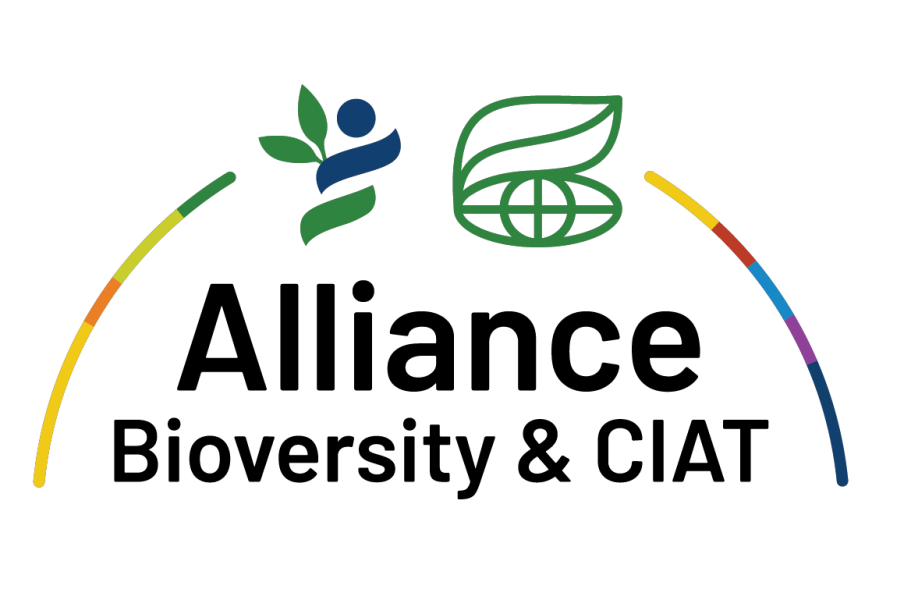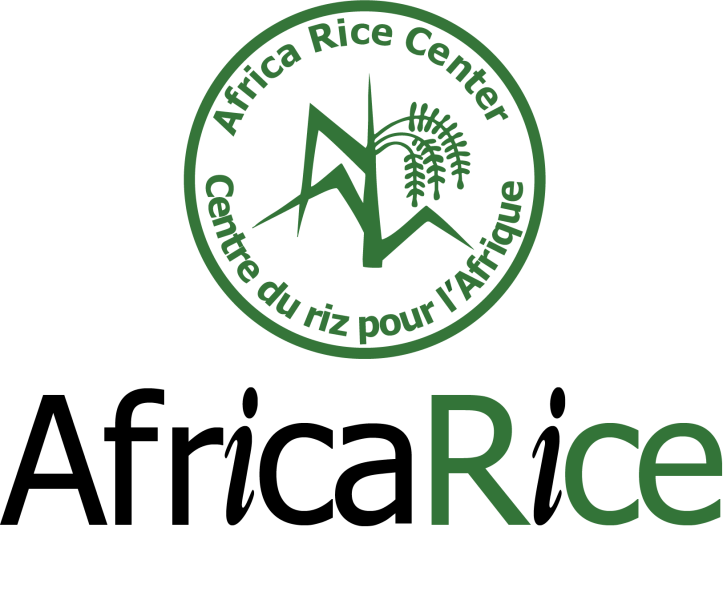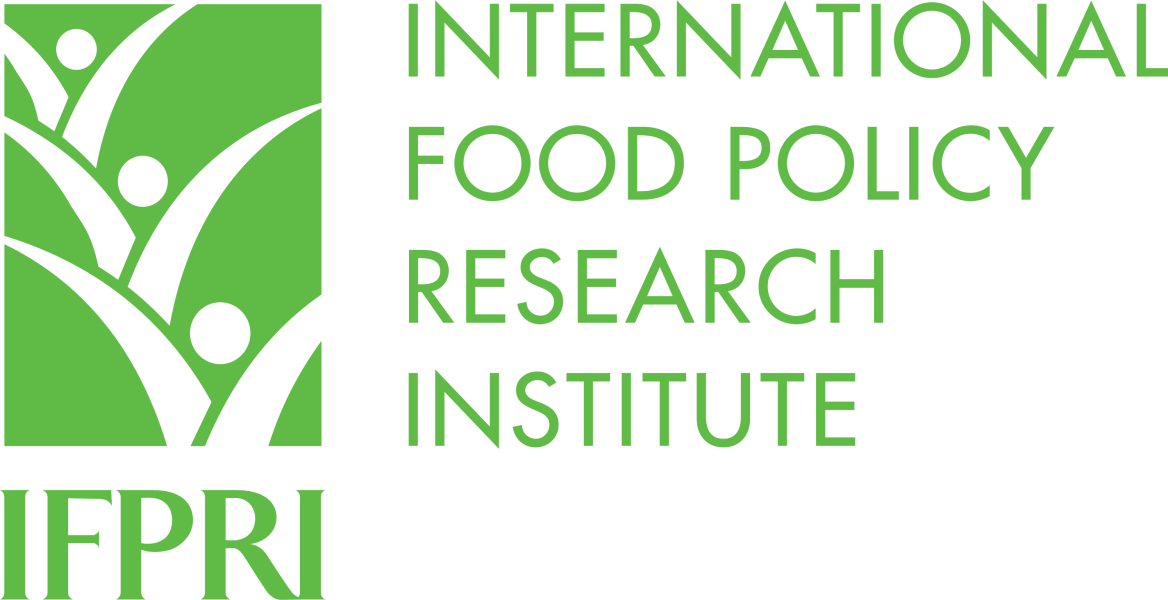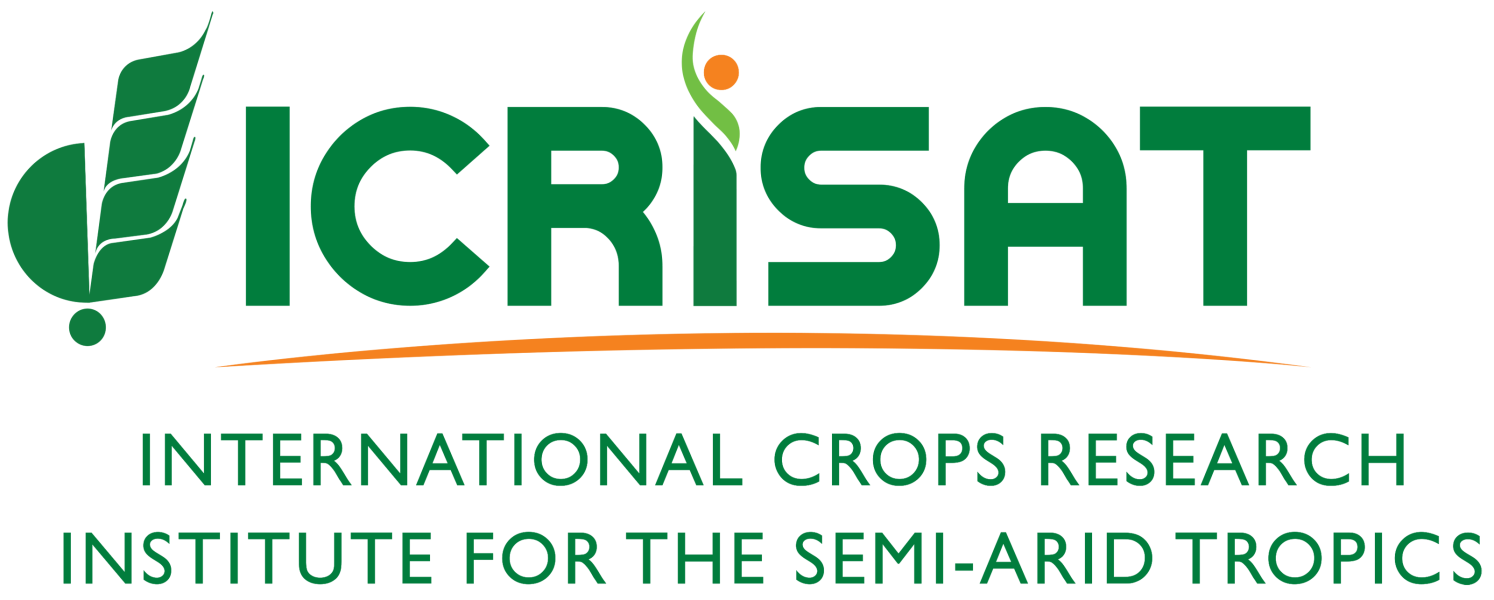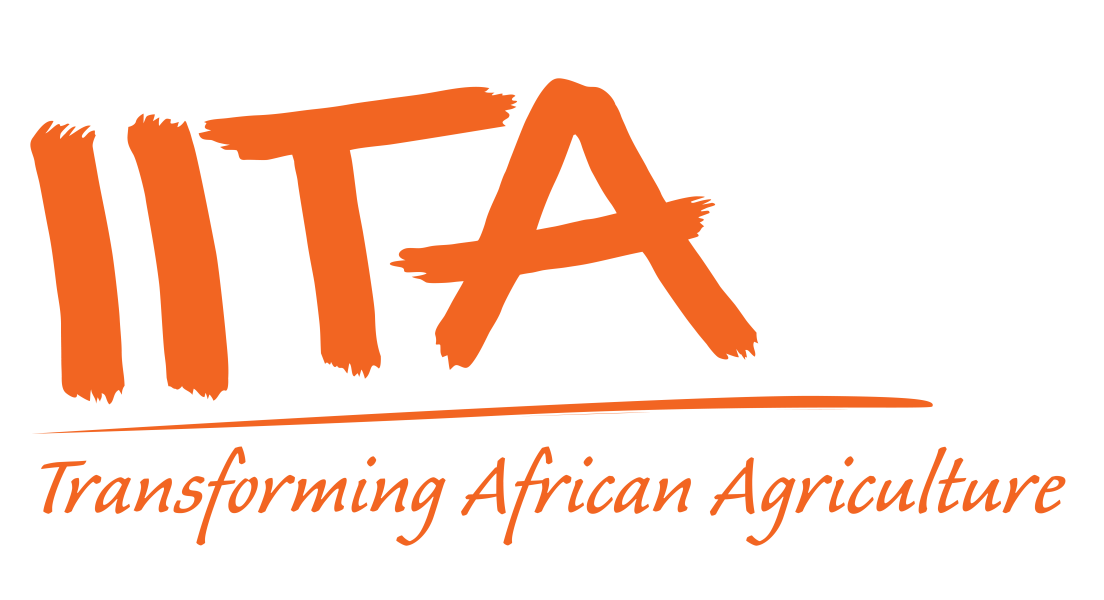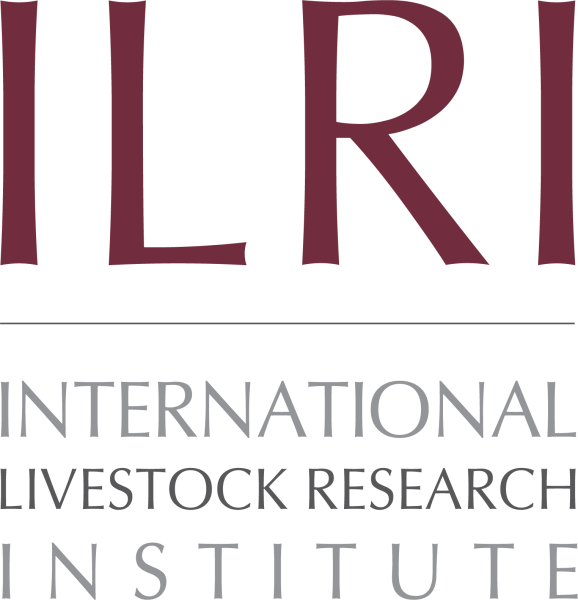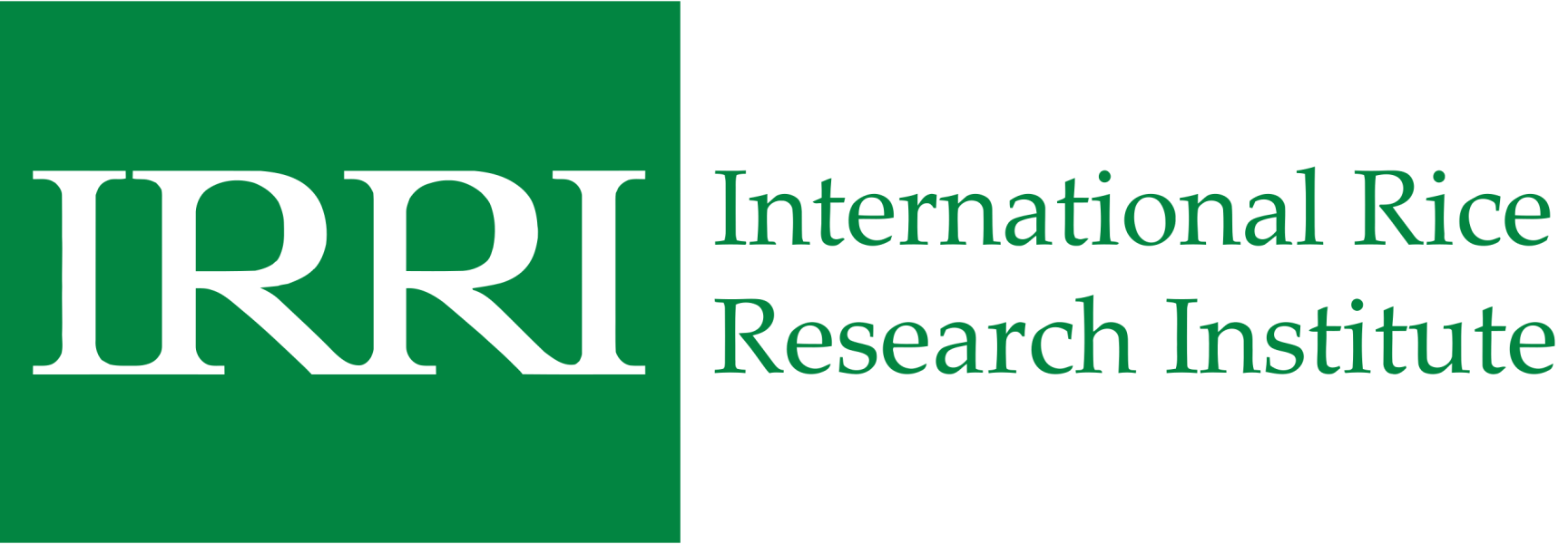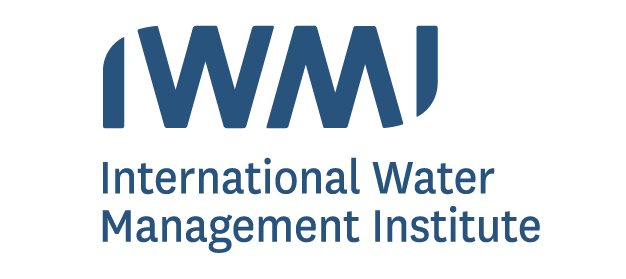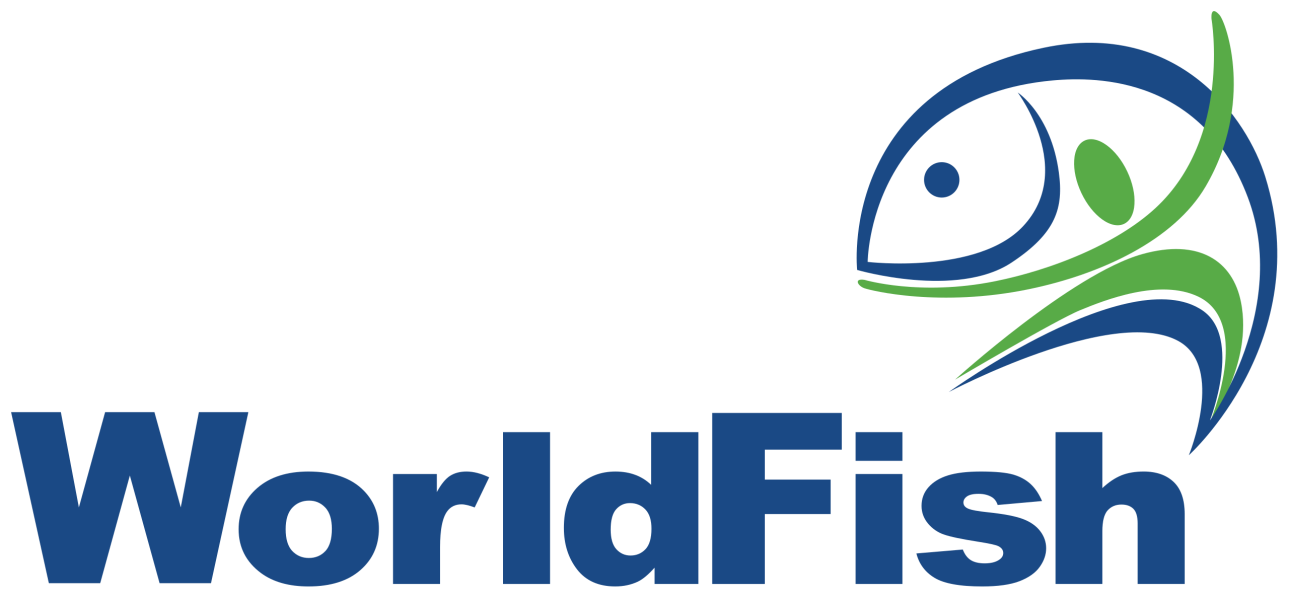2023
2023
CGIAR
Annual
Report

Portfolio & Results
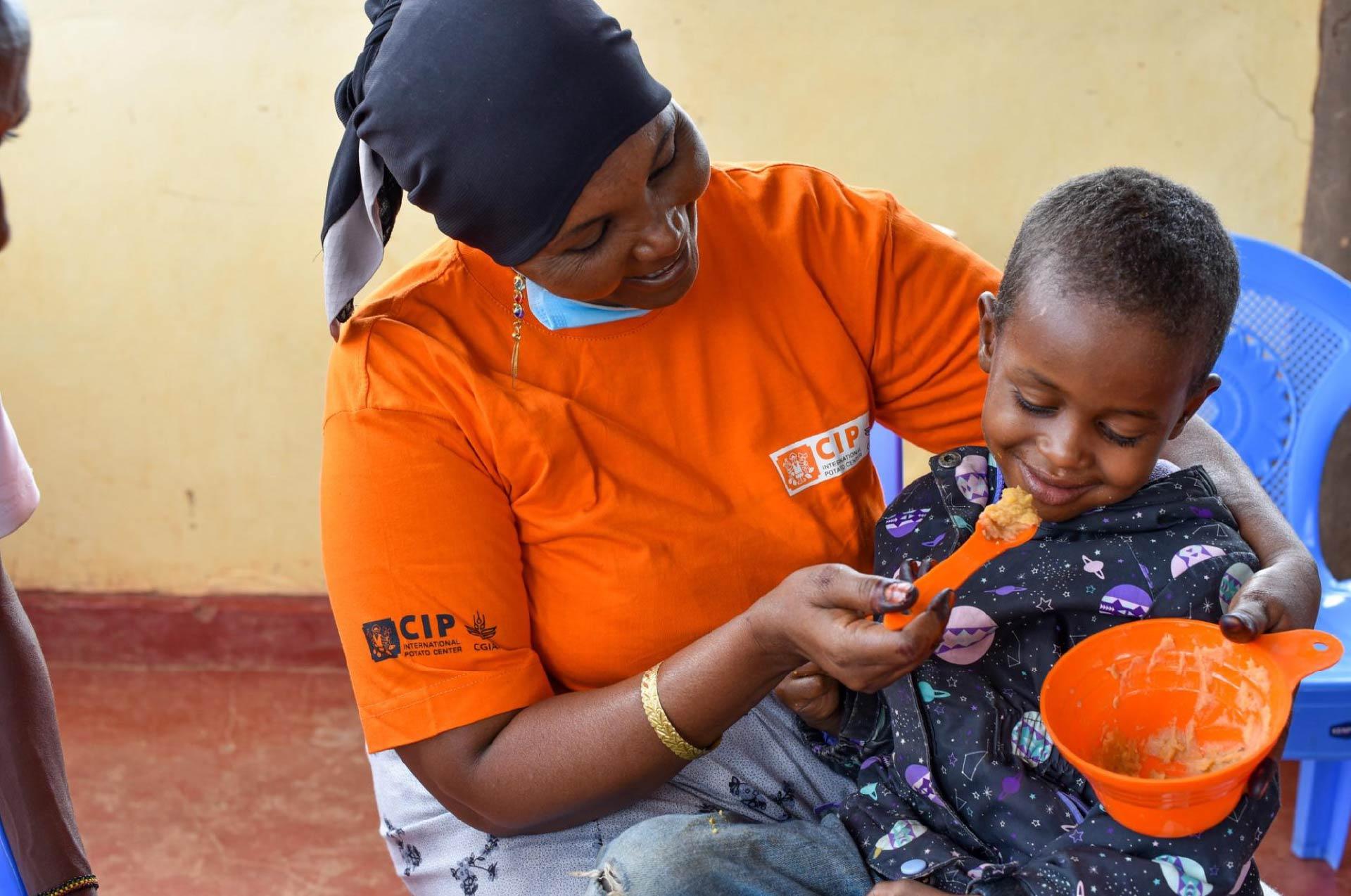
Key results stories
Genetically improved tilapia supports Nigeria’s aquaculture goals
Demand-led approaches boost common bean access in Zambia
Research and policy collaborations improving food safety in Viet Nam and Ethiopia
Improved parboiling technology increases women’s income and nutrition in Africa
Policies help governments navigate the cost-of-living challenge
Advancing food systems transformation in Viet Nam
Center Success Stories
Introducing Three New Bean Varieties to Enhance Food Security for Colombian Coffee-growing Families
Transforming Liberia's Agriculture: EU & Government Applaud Africarice's Successful DeSIRA Project
Dumplings and Development: Women’s Empowerment in Agriculture Index
Scaling up health diet seed kits in Zanzibar
Exciting news for potato lovers in Vietnam: Introducing HCIP210 a result of a successful public-private partnership between CIP and HZPC
Growing Food Against the Odds: The iNASHR Success Story
Transforming Ethiopia’s Agriculture Through Agronomy Innovation: The Landscape Segmented Fertilizer Advisory
Assessing the health risks and nutritional dynamics of thriving dairy value chains in eastern DRC
Milking it: boosting and professionalizing Kenya’s informal dairy sector
IRRI reveals scientific breakthrough for low and ultra-low glycaemic index rice
Protecting and promoting traditional foods one woman at a time
Fish in School Meals: A nutritious initiative for children in Timor-Leste
Impact Areas
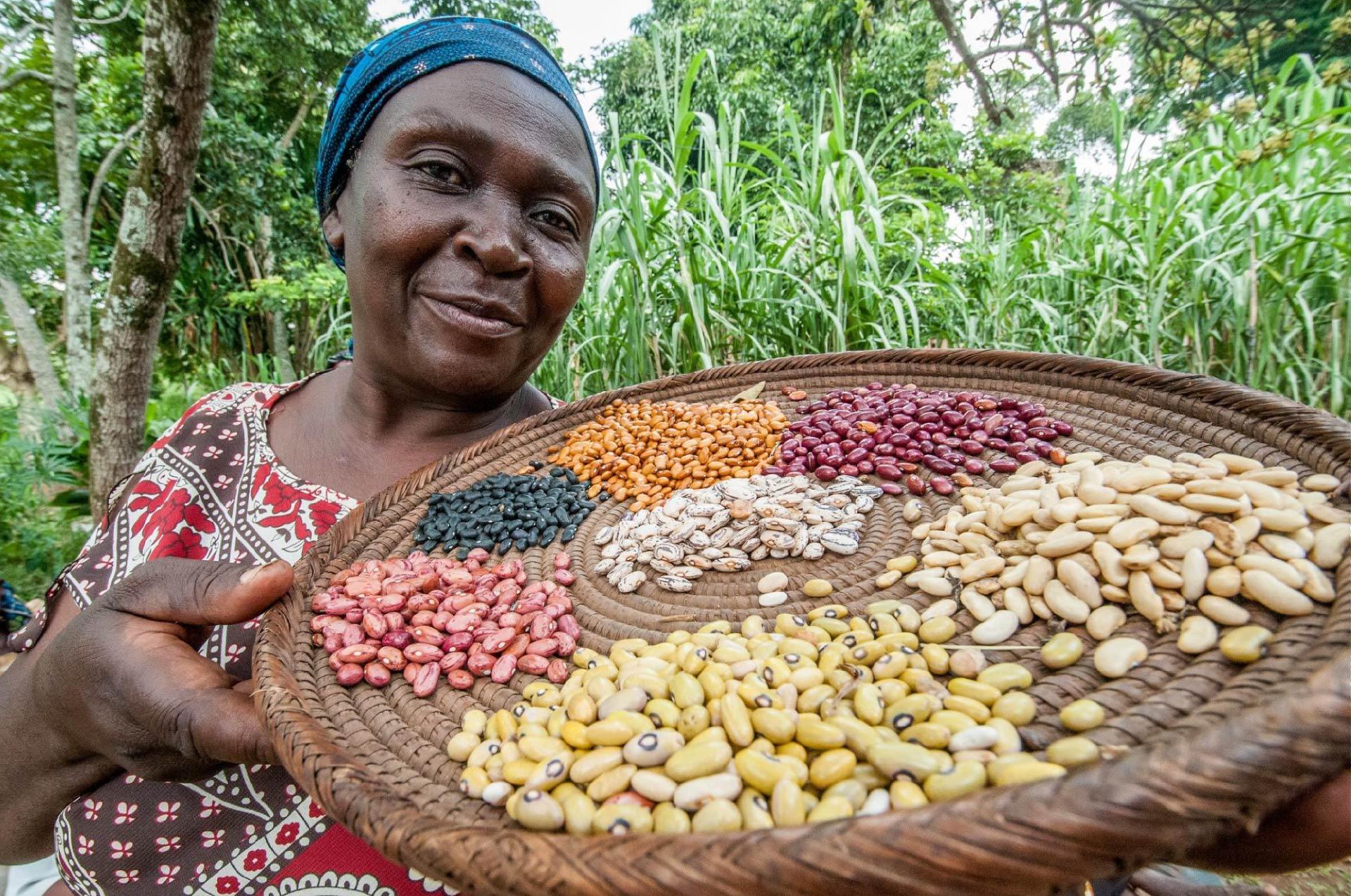
Our Impact in Numbers
Nutrition
2.1 million people
Over 2.1 million people in 2023 used CGIAR innovations to support nutrition, health, and food security.
1,786 partners
We worked with 1,786 partners to combat hunger and malnutrition, and improve well-being.
2,942 results
Our research produced 2,942 results contributing to better health, and enhanced food and nutrition security.
464 innovations
We produced 464 innovations to support health and combat hunger.
Climate
22.4 million people
More than 22.4 million people used CGIAR innovations to mitigate or adapt to climate change. This included more than 1.3 million and 1.8 million men.
1,887 partners
Up to 1,887 partners were engaged on climate-focused results at the ground level.
4,505 results
Our scientists produced more than 4,505 results that contributed to SDG 13 on Climate Action, including publications, analyses and methods.
548 climate solutions
At least 548 field-ready climate solutions were shared to help smallholders adapt to climate change and reduce emissions from agriculture.
Environment
1.2 million people
Over 1.2 million people used CGIAR innovations to improve environmental health and biodiversity.
1,813 partners
A total of 1,813 partners worked with us on supporting conservation of biodiversity and a healthy environment.
2,460 results
Our researchers produced 2,460 results contributing to SDGs 14 and 15 on life below water, and life on land.
504 new innovations
Our researchers produced around 504 new innovations to support environmental health and biodiversity worldwide.
Gender
16 million people
More than 16 million people used CGIAR innovations to support gender equality, youth, and social inclusion.
1,594 partners
Up to 1,594 partners were engaged with efforts for equality and inclusion on the ground.
1,028 results
As many as 1028 results were recorded that contributed to SDG 10 on reduced inequalities.
413 innovations
Research produced around 413 innovations supporting greater equality between men and women, and inclusion of youth and other minorities in food systems.
Poverty
21 million people
Over 21 million people used CGIAR innovations to support poverty reduction, livelihoods and jobs.
1,821 partners
As many as 1,821 partners worked with us on transforming food systems to provide better jobs, income, and stable livelihoods.
4,767 results
We recorded up to 4,767 results that contributed to SDG 1 on ending poverty in all its forms.
394 innovations
Our research produced 394 innovations to reduce poverty and improve livelihoods.
Regions & Partnerships
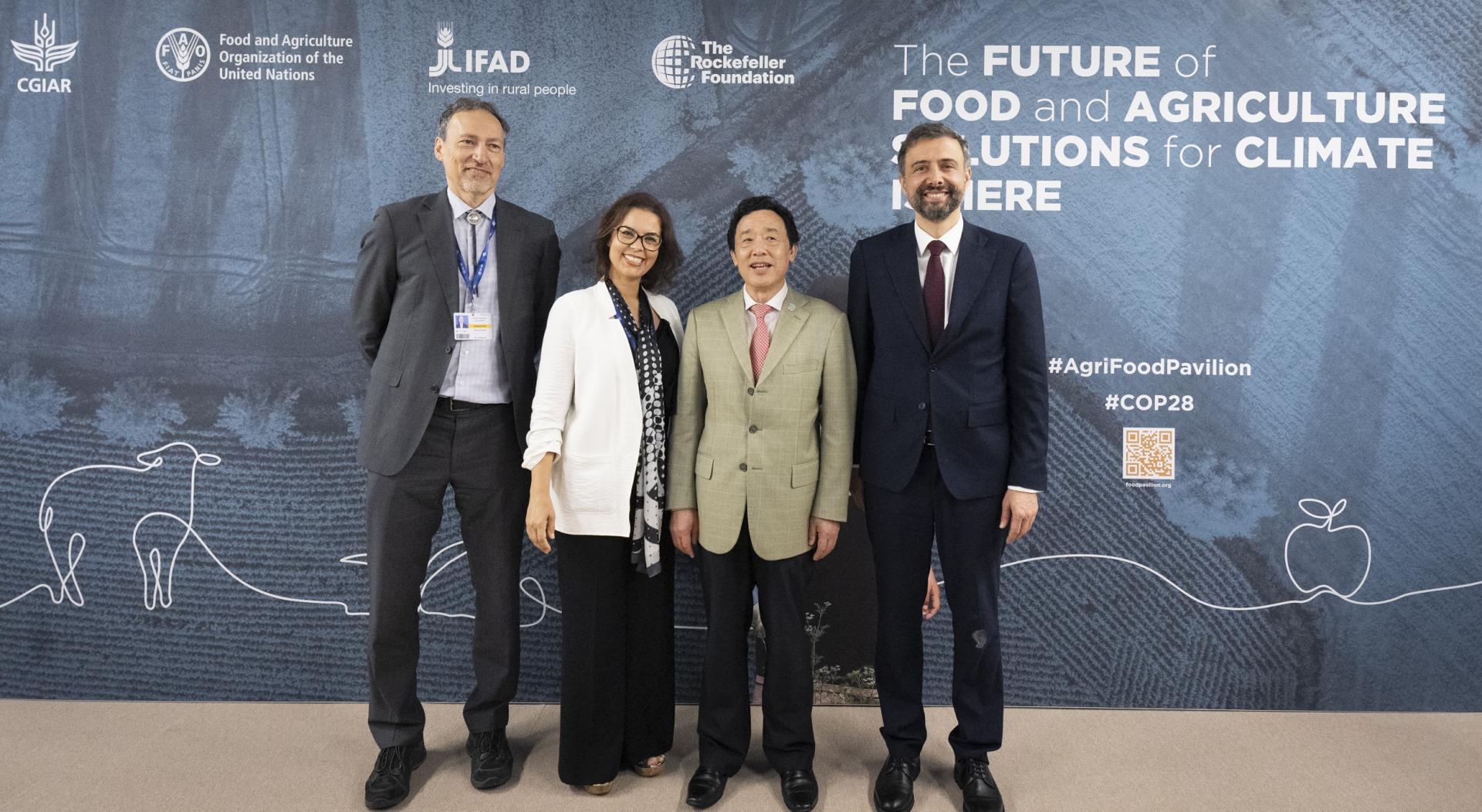
Digital Transformation
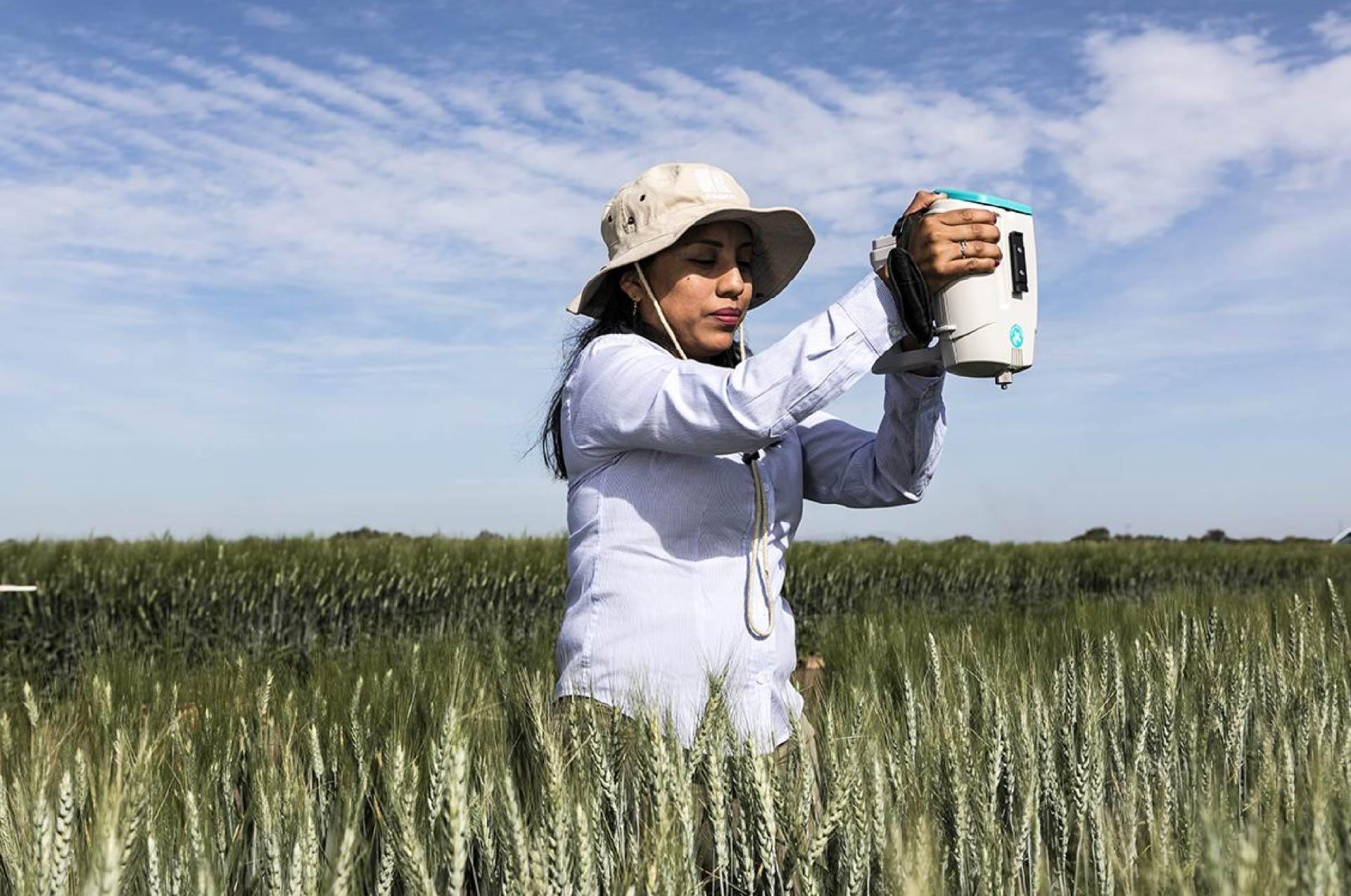
Events & Awards
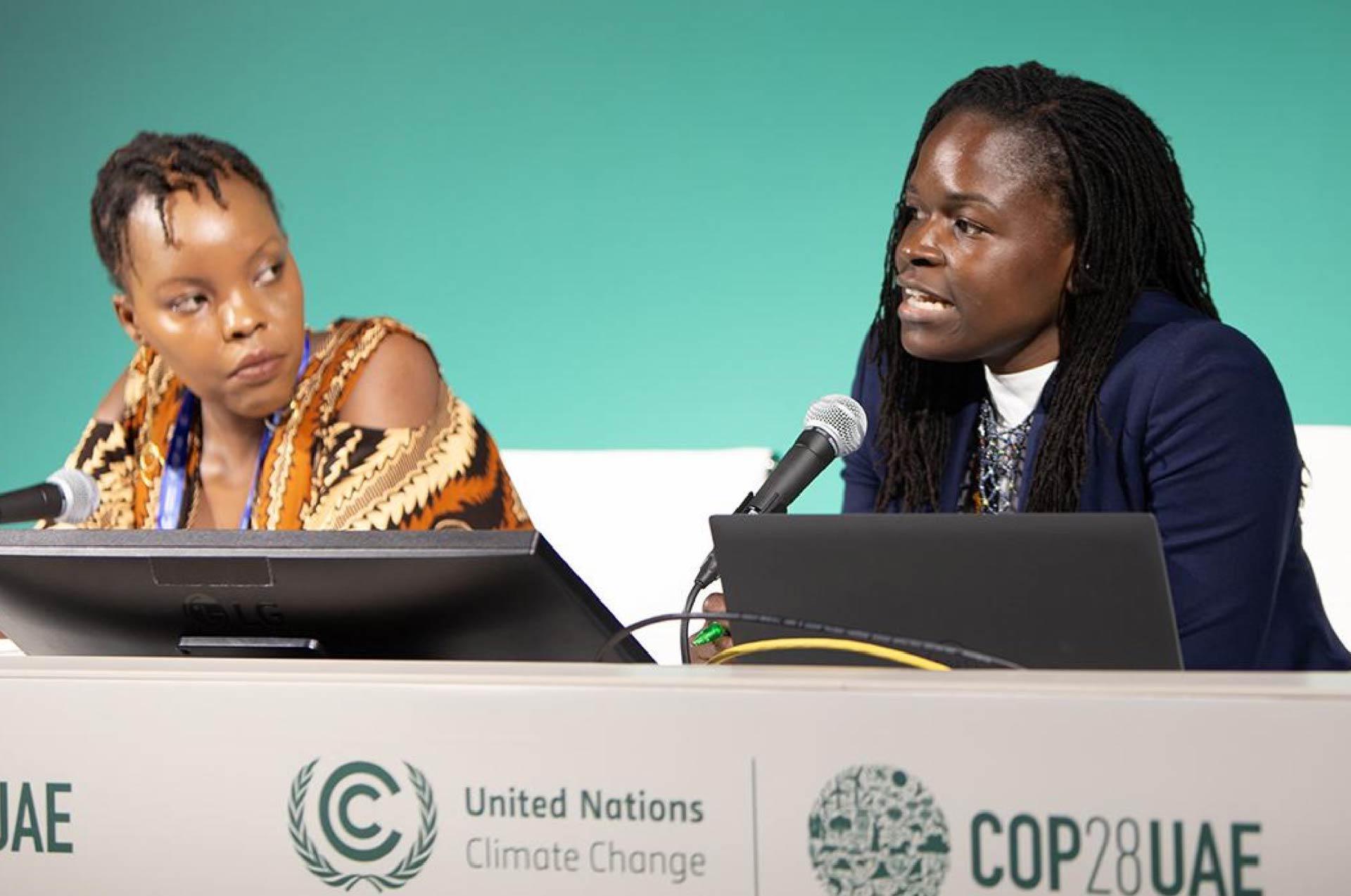
Our Operations
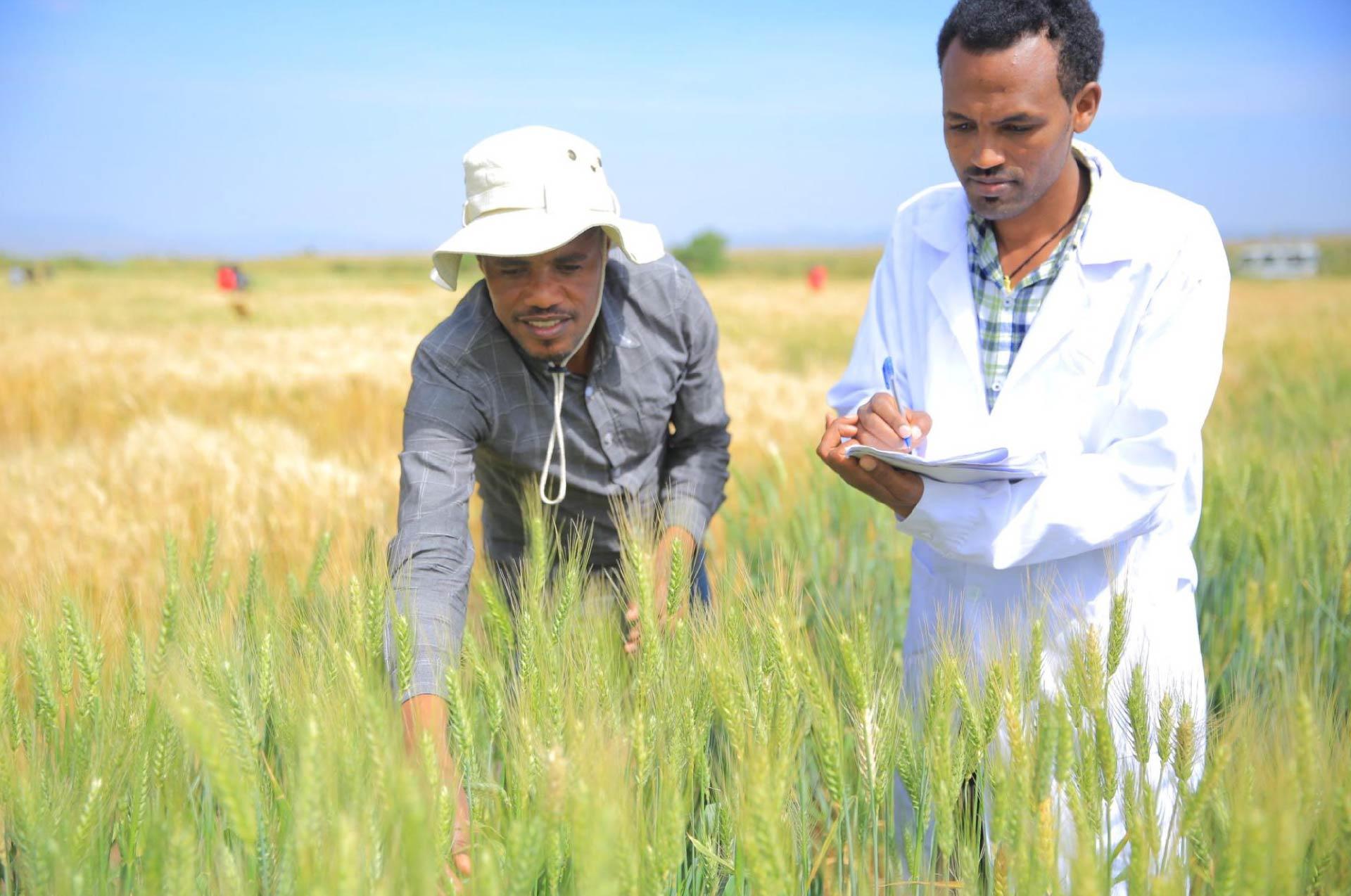
Oversight & Assurance
